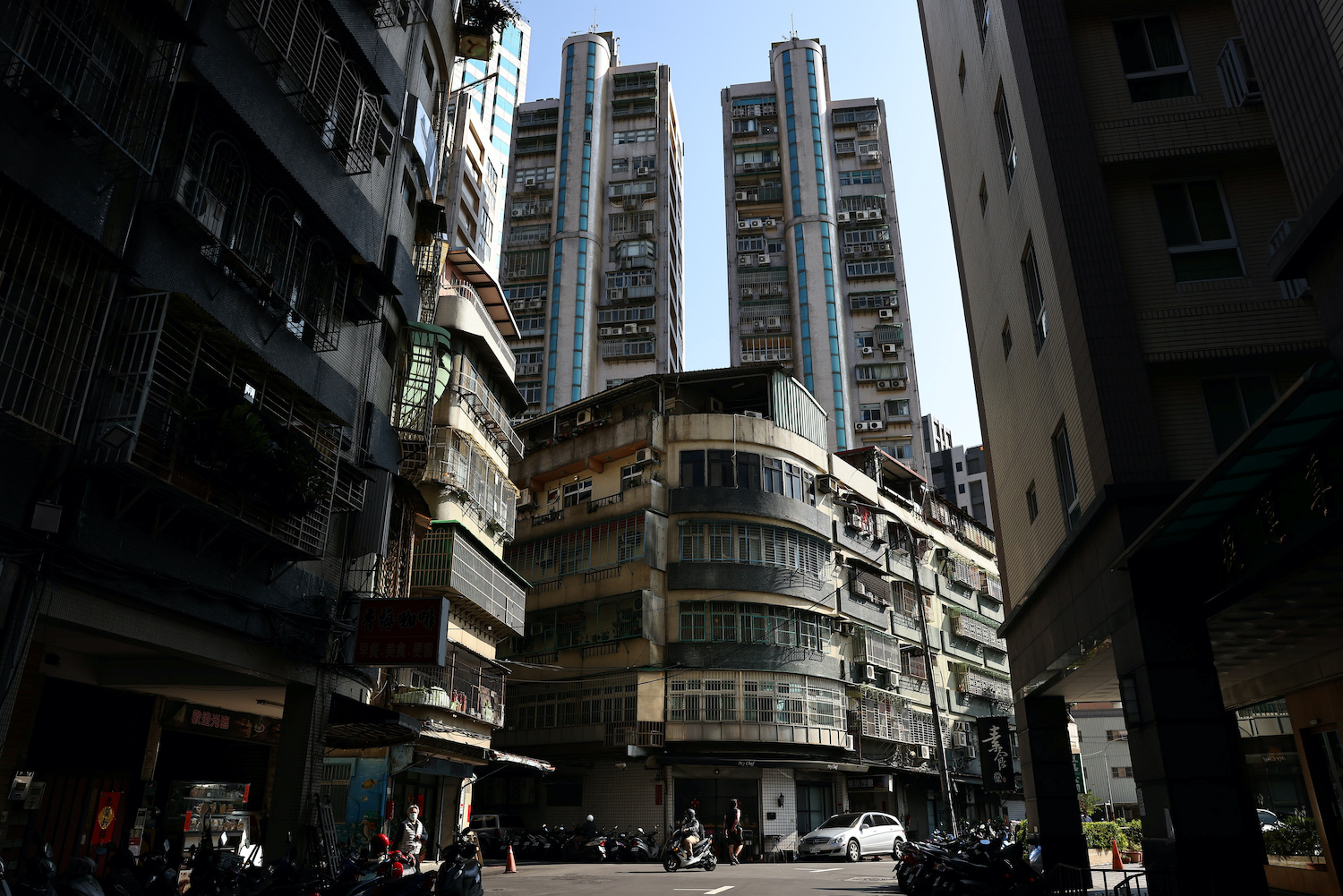Taiwan’s leaders have moved to reassure the world’s chip-hungry industries that its semiconductor firms have been largely unaffected by a recent Covid outbreak on the island.
Tech and government chiefs said the latest virus outbreak has had a limited impact on its economy and its key semiconductor industry – and that its chip-makers are operating as normal.
As a major producer of semiconductors, Taiwan is central to global efforts to resolve a chip shortage that has stalled car plants and white goods producers around the world.
Also on ATF: Japan’s power play with $3.4 billion hydrogen revolution plan
But Taiwan is experiencing an unusual spike in domestic cases after months of keeping the pandemic well under control, and has closed schools across the island and tightened curbs in the capital, Taipei.
National Development Council Minister Kung Ming-hsin told reporters that as long as the outbreak can be brought under control by the end of June then there would only be a 0.16 percentage point hit to gross domestic product.
However, that would rise to 0.53 percentage points if it took to the third quarter to control the outbreak, he said.
Taiwan’s economy grew at its fastest pace in more than a decade in the first three months of 2021 as the “work from home” boom sparked strong global demand for the island’s hi-tech exports.
CONTINUITY PLANS
Science and Technology Ministry official Andrea Hsu told the same news conference that tech companies had had a year to prepare continuity plans in case of a rise in Covid-19 cases, including splitting production teams.
No contact is being permitted between Taiwan’s main science parks where many of the chip-makers are located, she said.
Economy ministry official Yang Chih-ching praised Taiwan’s firms, including semiconductor companies, for their anti-pandemic steps. “They’ve been very proactive,” he said.
Taiwan Semiconductor Manufacturing Co Ltd (TSMC), the world’s largest contract chip maker, said on Monday that from Wednesday it would start operating in separate teams to minimise the risk of Covid-19 infections.
- Reporting by Reuters
























